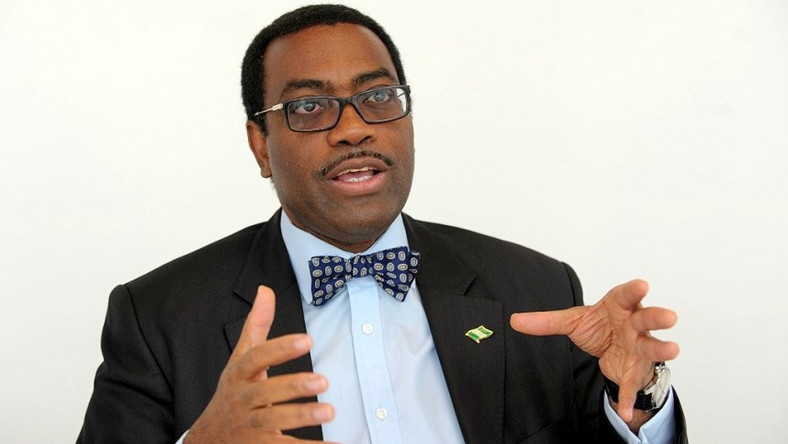The African Development Bank (AfDB) is committed to mobilizing the sum of $25 billion in climate finance in Africa by 2025, as well as a number of other initiatives by the bank that would address climate adaptation.
This disclosure was made by the President of African Development Bank (AfDB), Dr. Akinwumi Adesina at a Conference of Montreal fireside chat event, organized by the International Economic Forum of the Americas, themed “A Sustainable Recovery for People and Planet.”
READ: AfDB bows to pressure from U.S, orders an independent probe of Akinwumi Adesina
During the chat event, Adesina was engaged in discussions with Inger Andersen, Under-Secretary-General of the United Nations and Executive Director of the UNEP and was moderated by the President of the International Development Research Centre (IDRC), Jean Lebel.
READ: Africa’s economic growth to drop by 4.1% in 2020, rebound by 5% in 2021 – UN
The discussion focused on three key areas as follows:
- The current state of affairs with respect to COVID-19 and climate change.
- Stimulus policies and recovery.
- The role of the private sector in terms of recovery.
READ: World Bank’s statement on Africa’s debt status is inaccurate, misleading, AfDB replies
What they are saying
According to Dr. Adesina,
- “The other way that one can grow back in a way that is climate resilient is by actually providing the countries with facilities that will allow them to insure themselves against exogenous climate shocks.”
READ: AfCTA: Effective implementation to boost Africa’s export by $560 billion
He stated that climate change poses a grave threat to Africans, adding that,
- “We have to grow differently. We have to have growth that is climate resilient. Adaptation must be at the top of the agenda. The risk of actually dying from hunger is higher than the risk of dying from Covid-19.”
According to Inger Andersen,
- “Climate change is an existential crisis and one that the planet must face together. The four largest economies account for 55% of emissions, the brunt of the impact will fall on African countries as well as delta and low-lying small economies around the world. Any recovery has to have a degree of solidarity with it.”
READ: Nordic Development Fund extends grant of $8.8 million to African Water Facility
She discussed how to move away from a linear economy and invest in nature’s infrastructure. She said:
- “Companies that jump into circularity, SDG 12, sustainable consumption and production, companies that do that will save money, resources will be more circular, they will leapfrog, they will have a market edge, and they will have a lesser need for resource inputs. We’re seeing it in some sectors – plastics, textiles, fashion, and food.”
